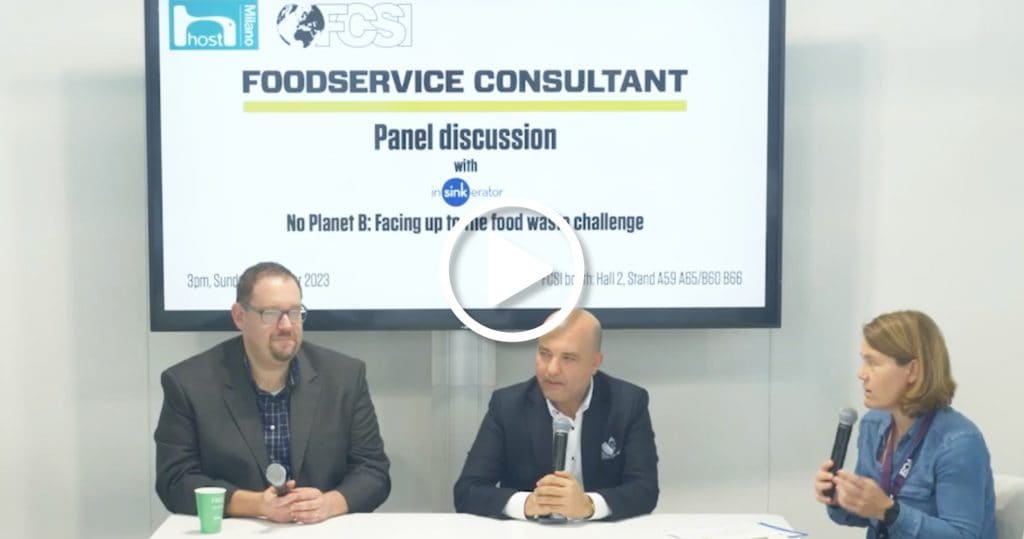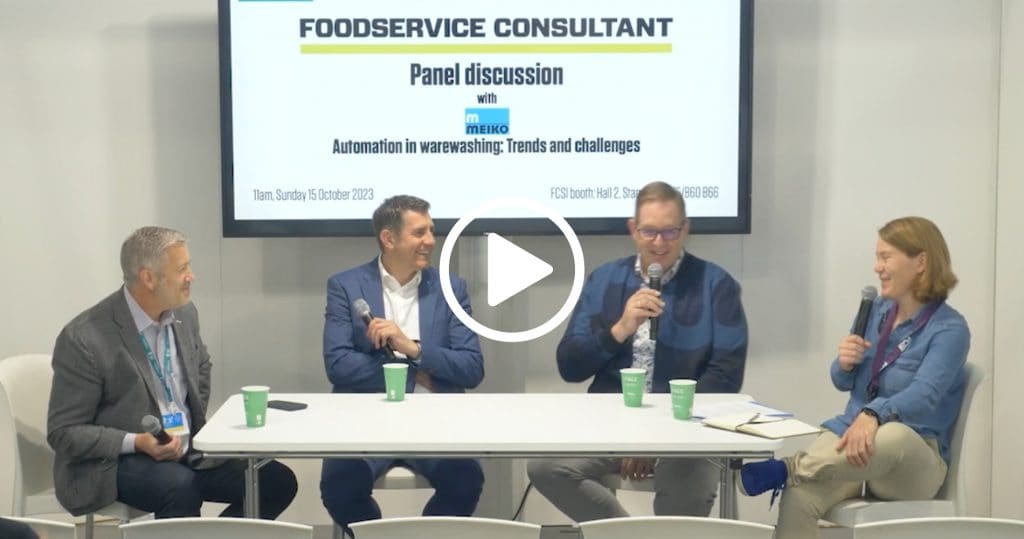
The UK Modern Slavery Act came into force in 2015, “to make provision about slavery, servitude and forced or compulsory labour and about human trafficking” [1]. Consultants need to understand the importance of ensuring compliance when it comes to monitoring a business’s supply chain web.
Slavery may seem like a far cry from the UK, however for larger operators in the hospitality industry, it is an issue with the potential to keep CEOs and directors awake at night in line with legal corporate responsibilities. It’s therefore important for industry consultants to be aware of the potential implications to client organisations so that they can advise on, or at least be aware of, the predictable pitfalls to steer clear of.
This new legislation is pivotal when it comes to the foodservice sector, as the Modern Slavery Act introduces a Transparency in Supply Chain Provisions clause. This means that any company operating in the UK, with a turnover over £36 million, must disclose all the steps they are taking to ensure modern slavery and human trafficking does not take place in any part of their business. This applies to their entire supply chain, including monitoring the suppliers of their suppliers too – with turnover of over £36million – creating a whole new level of complexity. This must be prepared for each financial year and published clearly on the homepage of the organisation’s website. [2]
Of course, no operator or restaurant group in the UK would be likely to fall under this as a direct employer but consider the supply chain that may be three parties removed from the process. When you really delve into a supply chain, a vast and complex web of operators from all over the globe, who work within various legislation frameworks, begins to unfold. And the further away a supplier is based – a coffee producer in South America for example – the harder it then becomes to obtain an accurate picture of their activities.
This legislation brings modern slavery to the forefront of consideration in the boardroom, as the businesses that fall short face severe consequences. For those held accountable, the minimum sentence has increased from 14 years to life imprisonment [3]. Despite this, supply chain managers are severely deficient in information and the necessary actions, with one in five unaware of this legislation and one in four who cannot name a single step which their business has undertaken to comply with the law [4].
This legislation isn’t that complex, however the scope of work is vast and potentially difficult to visualise, especially in the foodservice industry, where there are huge numbers of suppliers that need to be audited as part of compliance assessments. Many companies are using manual or semi-manual systems to manage their supplier databases. This actually adds another job for procurement managers, making complying to supply chain laws more difficult than needs be.
Investing in a complete supplier information management system, simplifying the auditing process, drastically reduces the burden on individual companies with the added benefit of a single dashboard giving an ‘at-a-glance’ overview of progress. Automated reporting systems can help to ensure complete compliance on issues such as meeting the Modern Slavery Act requirements; as after all, if a reputable company wants to do business with you, then they should have their own supply chain in order.
By not advising immediate action, foodservice consultants run the risk of placing a spotlight on their clients entire supply chain and the business being flagged as unethical. And with 66% of consumers claiming they would stop buying from a brand or business if they learnt that its production used modern slavery [5], few companies could bounce back from such a heavy hit.
Andy Tyson is co-founder and director of leading supplier management technology company, Trade Interchange
[1] Modern Slavery Act 2015, 2015 Chapter 30, 26th March 2015
2 Slavery and trafficking prevention orders (part 2, s14-s22) and slavery and trafficking risk orders (part 2, s23-s22).
3 Modern Slavery Act 2015, ss 1 and 2
4 Chartered Institute of Procurement and Supply, 2015
[1] Modern Slavery Act 2015, 2015 Chapter 30, 26th March 2015
[2] Slavery and trafficking prevention orders (part 2, s14-s22) and slavery and trafficking risk orders (part 2, s23-s22).
[3] Modern Slavery Act 2015, ss 1 and 2
[4] Chartered Institute of Procurement and Supply, 2015
[5] YouGov, Walk Free Foundation – Modern Slavery, 11 March 2015




